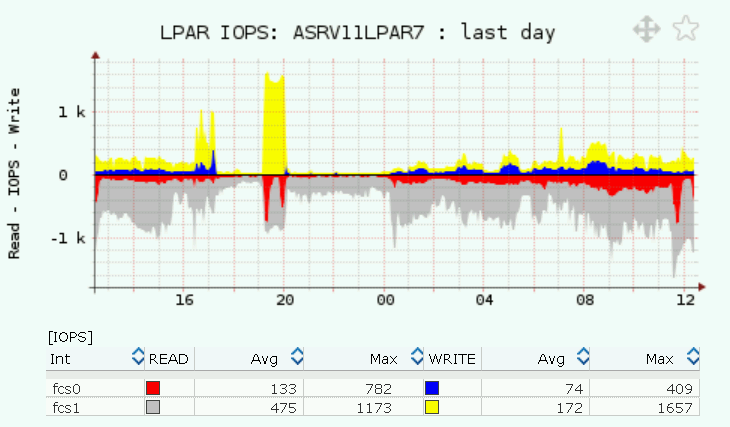Solaris Performance Tools Pdf Download
Prentice Hall Ptr - Solaris Performance and Tools. Download as PDF. I therefore encourage you not just to read Solaris Internals, but to download Solaris. Download 'Chapter 3, Processes' as PDF. Solaris Performance and Tools provides comprehensive coverage of the powerful utilities bundled with. Solaris Internals.
The Tools of Performance Analysis This manual describes the Collector and Performance Analyzer, a pair of tools that you use to collect and analyze performance data for your application. The manual also describes the er_print utility, a command-line tool for displaying and analyzing collected performance data in text form. The Analyzer and er_print utility show mostly the same data, but use different user interfaces. An additional Oracle Solaris Studio tool called Spot can be used to produce a performance report about your application.
Software download windows 10. This tool is complementary to the Performance Analyzer. See the spot(1) man page for more information.
Wiretap pro. The Collector and Performance Analyzer are designed for use by any software developer, even if performance tuning is not the developer’s main responsibility. These tools provide a more flexible, detailed, and accurate analysis than the commonly used profiling tools prof and gprof and are not subject to an attribution error in gprof. The Collector and Performance Analyzer tools help to answer the following kinds of questions: • How much of the available resources does the program consume? • Which functions or load objects are consuming the most resources? • Which source lines and instructions are responsible for resource consumption? • How did the program arrive at this point in the execution? • Which resources are being consumed by a function or load object?

The Collector Tool The Collector tool collects performance data using a statistical method called profiling and by tracing function calls. The data can include call stacks, microstate accounting information (on Oracle Solaris platforms only), thread synchronization delay data, hardware counter overflow data, Message Passing Interface (MPI) function call data, memory allocation data, and summary information for the operating system and the process.
The Collector can collect all kinds of data for C, C++ and Fortran programs, and it can collect profiling data for applications written in the Java programming language. It can collect data for dynamically-generated functions and for descendant processes. See for information about the data collected and for detailed information about the Collector. The Collector can be run from the Performance Analyzer GUI, from the dbx command line tool, and using the collect command. The Performance Analyzer Tool The Performance Analyzer tool displays the data recorded by the Collector, so that you can examine the information.

Solaris 10 Download
The Performance Analyzer processes the data and displays various metrics of performance at the level of the program, the functions, the source lines, and the instructions. These metrics are classed into five groups: • Clock profiling metrics • Hardware counter metrics • Synchronization delay metrics • Memory allocation metrics • MPI tracing metrics The Performance Analyzer's Timeline displays the raw data in a graphical format as a function of time. The Performance Analyzer can also display metrics of performance for structures in the dataspace of the target program, and for structural components of the memory subsystem. This data is an extension of the hardware counter metrics. In addition, the Performance Analyzer can display data for the Thread Analyzer, a specialized view of the Performance Analyzer that is designed for examining thread analysis experiments. A separate command, tha, is used to start the Performance Analyzer with this specialized view, and the tool when started in this way is known as the Thread Analyzer.